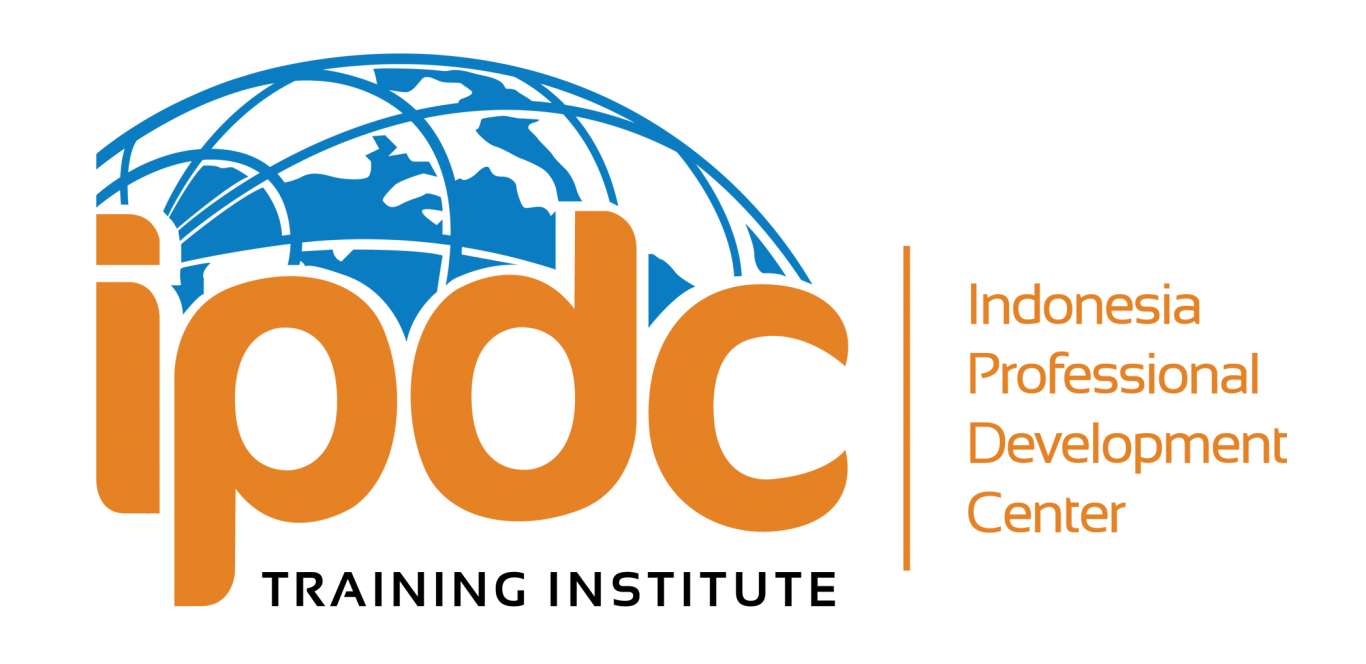













- Overview This course is designed to provide participants with the tools and techniques needed to analyze and evaluate the multifinance business model. The course focuses on understanding the financial and operational aspects of the multifinance sector, assessing risks, and identifying growth opportu

 Overview In today's dynamic and rapidly evolving business environment, leaders must balance two critical yet opposing capabilities: exploiting existing strengths for efficiency and exploring new opportunities for innovation. Ambidextrous Leadership enables leaders to master this duality, driving bot
Overview In today's dynamic and rapidly evolving business environment, leaders must balance two critical yet opposing capabilities: exploiting existing strengths for efficiency and exploring new opportunities for innovation. Ambidextrous Leadership enables leaders to master this duality, driving bot












 Overview In today’s professional landscape, the ability to communicate clearly and negotiate effectively is essential for success. This course is designed to equip participants with the skills to express ideas confidently, build relationships, and achieve mutually beneficial outcomes. By combining c
Overview In today’s professional landscape, the ability to communicate clearly and negotiate effectively is essential for success. This course is designed to equip participants with the skills to express ideas confidently, build relationships, and achieve mutually beneficial outcomes. By combining c
 This course is designed to enhance the negotiation skills of tele-collection professionals, helping them effectively engage with customers in overdue accounts, manage difficult situations, and recover payments in a way that maintains positive customer relationships. Participants will learn to balanc
This course is designed to enhance the negotiation skills of tele-collection professionals, helping them effectively engage with customers in overdue accounts, manage difficult situations, and recover payments in a way that maintains positive customer relationships. Participants will learn to balanc

Our Upcoming Trainings


Tue, Nov 26
|Indonesia
Business Process Improvement For Supervisors and Managers
This two-day course introduces the core principles and practices of Business Process Management.
Time & Location
Nov 26, 2024, 8:00 AM – Nov 27, 2024, 5:00 PM
Indonesia
About The Training
OVERVIEW
Improving business processes is on top of the agenda for chief and senior executives. This requires a solid understanding of current and future business processes and their alignment with business objectives. Business Process Management System (BPMS) is an integrated set of concepts, methods, and tools surrounding the definition, implementation, execution, and improvement of business operations. The demand for BPM is driven by demands for increased operational excellence and cost-effective compliance practices. BPM forms a widely recognized aligning foundation for IT projects and is a key issue in discussions related to outsourcing and mergers.
This two-day course introduces the core principles and practices of Business Process Management. The course provides an overview of many of the state-of-the-art methods and considers how to select and adopt a customized BPM approach for your organization.
OBJECTIVE
- Acquire the mindset of process thinking to solve business problems.
- Understand strategic business alignment with processes, including an introduction to business architecture.
- Understand what the new Business Process Management technologies are and how they can leverage your other BPM efforts.
- Apply a BPM Life Cycle definition and learn how to continuously improve organizational performance.
- Learn how BPM works with different methodologies, including Lean and Six Sigma.
- Learn an industry-standard BPM approach that encompasses Process Modeling, Process Analysis and Design, Process Performance Management, and Process Transformation.
- Discover appropriate metrics for analyzing business processes that provide sufficient insights into process effectiveness.
- Leverage process assets through integrating business rules, projects, and business process modeling.
TARGET PARTICIPANTS
It’s designed for business leaders, business analysts, business architects, project managers, and anyone involved in process improvement and the automation of process solutions.
COURSE CONTENT
1. Overview
- Welcome
- Participants Introduction
- Objectives, Agenda, Resources, Expectations
2. Introduction: Business Process Management (BPM) Fundamentals
- What is Business Process Management (BPM)?
- A definition (or a few definitions from a few key sources)
- Managing Sideways - A different way of operating (“Turning the Company on its Ear”)
- The Case for Business Process Management
- Focus: Addition of Value
- The Opposite of Value: Waste
- Video: Identifying Waste
- How Do We Pay for BPM?
- The Net Positive Effects of Applying BPM Layers
- BPM Methodologies
- BPM Framework
- Types of Processes to Manage
- Exercise
- BPM Critical Success Factors
- Core BPM Role Definitions :
- Process Owner
- Process Sponsors
- Process Analyst
- Process Participant / SME
3. Business Process Management
- Characteristics of Business Process Management
- What is a Business Process?
- Value Proposition of Business Process Management
- Business Process Management Maturity (Introduction)
- Case Studies
- Business Process Management Concepts
- Scientific Management and Industrial Engineering
- Quality Management and Six Sigma
- Production Management and Logistics
4. Business Process Management (ctd.)
- Supply Chain and Customer Relationship Management
- Business Process Re-Engineering
- Service-enabled Business Process Management
- Process versus Resource Efficiency
5. An Example of Business Process Improvement
- Redesigning Procurement
6. Transform Your Organization for BPM
- Process Transformation
- Scale of Changes
- Manifestations of Resistance
- Adaptability to Change
- The Change Cycle – Macro View
- What Must an Organization Do?
- The Dynamics of Change Model
- The Change Cycle – Micro View
- Workshop
- Business Transformation Key Concepts
- Additional BPM Role Definitions: Business and Business Support Roles
- Roadmap for becoming a BPM organization – 7 Steps


